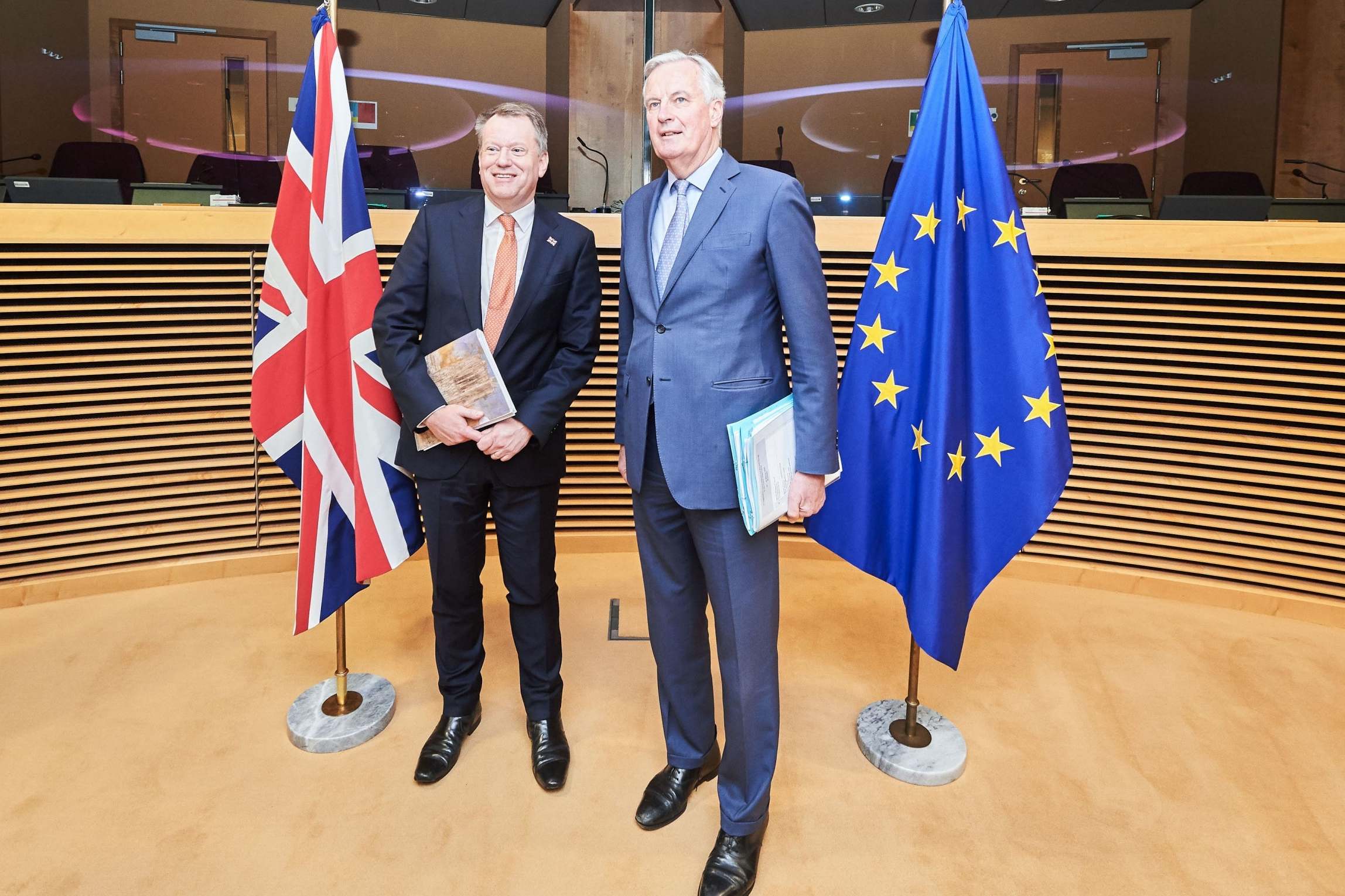State aid control is proving a dealbreaker in Brexit negotiations – but is it really worth the trouble?
The EU and UK can’t agree on the best approach to state aid rules. However, it’s in the best interests of both parties to compromise on the issue

State aid rules have become one of the most contentious issues in the EU-UK negotiations, a true dealbreaker. The EU insists on the adoption of the whole package based on the system of control applicable in the EU. The UK instead proposes a “light touch” approach, which means that how we spend our money should not be anyone’s business, especially the EU.
So is state aid control really worth the trouble? Our view is that it is in both parties’ interests to find a compromise. While it is understandable that the EU is insisting on a robust system of control to preserve a regulatory level playing field, and to prevent a much looser UK system resulting in an anti-competitive impact on EU companies, the UK has no net gain in undermining a system which it shaped so heavily, and which guarantees effective scrutiny of some of the other big spenders, such as Germany, France and Italy.
It is also a mistake to simply think that a no-deal fallback option to World Trade Organisation (WTO) terms would be beneficial to the UK. Bizarre narratives stating that EU state aid control would be unclear, expansive and fundamentally pliable, whereas WTO subsidy laws would be clear, have no problems of interpretation and be fit-for-the-job – in fact almost perfect – do not correspond to the real world. The WTO subsidy rules do not bite, their scope is limited and the only remedy available to both parties when things go wrong is to trigger defensive and retaliatory measures. Measures that, crucially, do not guarantee access to the other side’s market – one of the UK’s objectives.
The WTO Appellate Body, supposedly the “world trade court”, has now even been suspended. In 2017 the US, EU and Japan started talks which aimed, among other things, at strengthening the rules on industrial subsidies. Similarly, in June 2020, the EU Commission adopted a white paper on a level playing field regarding foreign subsidies. Certainly, the motivation of these initiatives is the need to address the specificities of Chinese capitalism and its trade-distorting subsidies. Still, their broad premise is that the current rules on subsidies in the WTO do not work properly in capturing and regulating subsidies.
An agreement on state aid control would instead have the distinct benefit of facilitating an important trade deal with the EU and guaranteeing UK companies a significant access to what still is the biggest market for them. It would, however, be unrealistic to imagine an entire transplant of each and every EU rule to a third country such as the UK. The question would then be how to find a point of equilibrium. It should be expected that certain rules of EU state aid law, which may make good sense in the context of a single market, would need to be reassessed in the context of a bilateral trade relationship.
The new generation of free trade agreements concluded by the EU (with Singapore or Vietnam, for example), despite borrowing heavily from the EU system of state aid control, provide that subsidies should not be granted when they negatively affect, or are likely to affect, competition and trade between the two contracting parties. These thresholds are certainly more appropriate to a trade agreement than the looser legal tests of effect on intra-EU trade used to capture state aid in the EU internal market.
Even in a no-deal scenario, a domestic system of control on public spending should still be introduced. Current government thinking, that you’d have a regime based on some “administrative principles” but it would all be very vague and non-statutory, with a watchdog-type body that would only provide “persuasive force”, unfortunately, does not make much sense. A system, intentionally vague, non-enforceable and administered by a seemingly weak institution, would simply not be good enough as it would most likely bring a high degree of uncertainty, which is not good for business.
There is, finally, a very compelling reason why state aid rules are necessary in a modern democracy: fairness. The existence of rules on the transparency and accountability of spending decisions contribute to controlling lobbying industries and interests, while ensuring the adoption of more virtuous economic policies to support the growth of a green economy, facilitate research and development and innovation, and at the same time guaranteeing geographical solidarity between the different areas of the UK.
No government can be against this, regardless of whether the rules to ensure it are EU-derived or not.
Andrea Biondi is professor of EU Law at King’s College London and Luca Rubini is reader in International Economic Law at the Birmingham Law School
Join our commenting forum
Join thought-provoking conversations, follow other Independent readers and see their replies
Comments
Bookmark popover
Removed from bookmarks